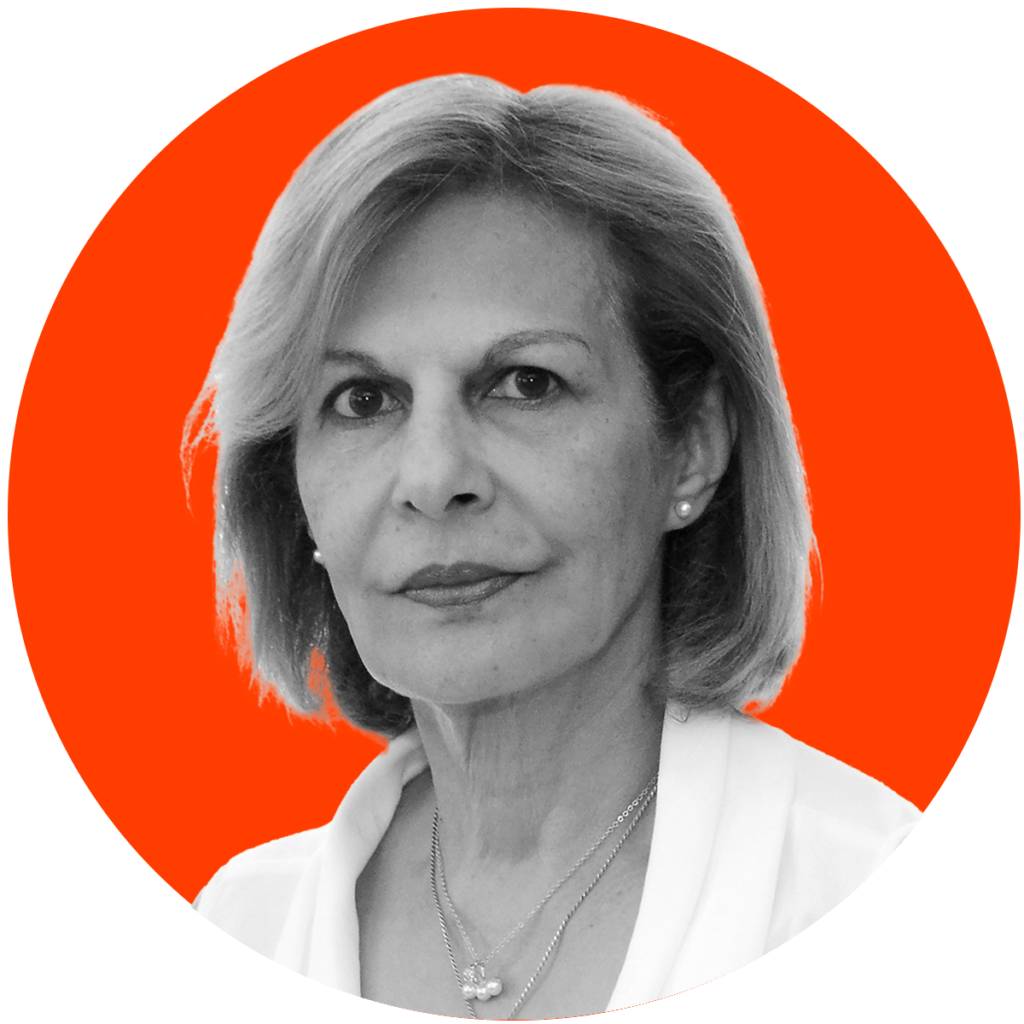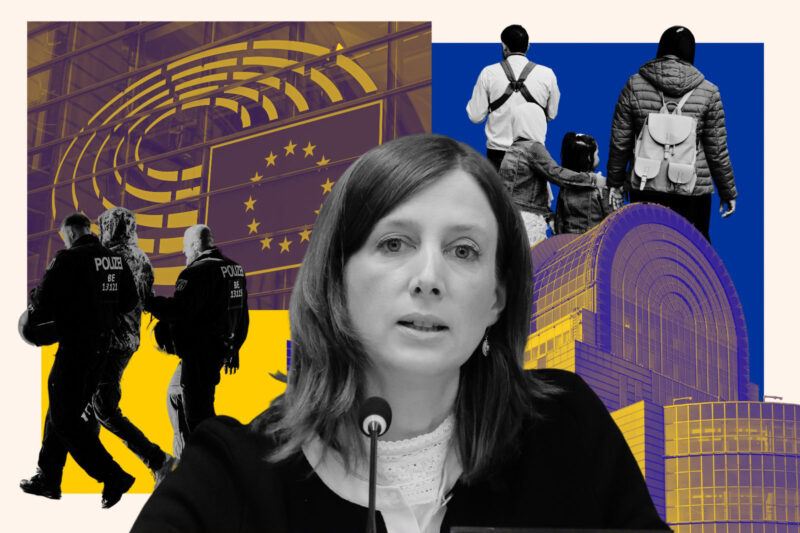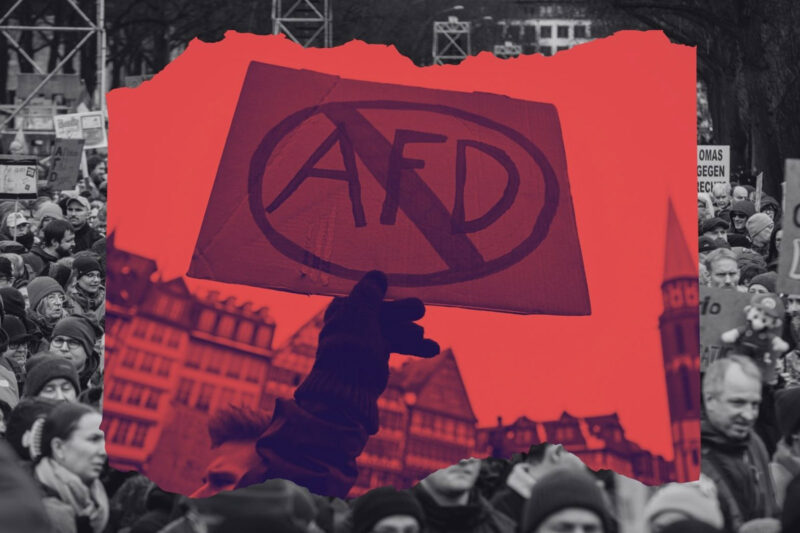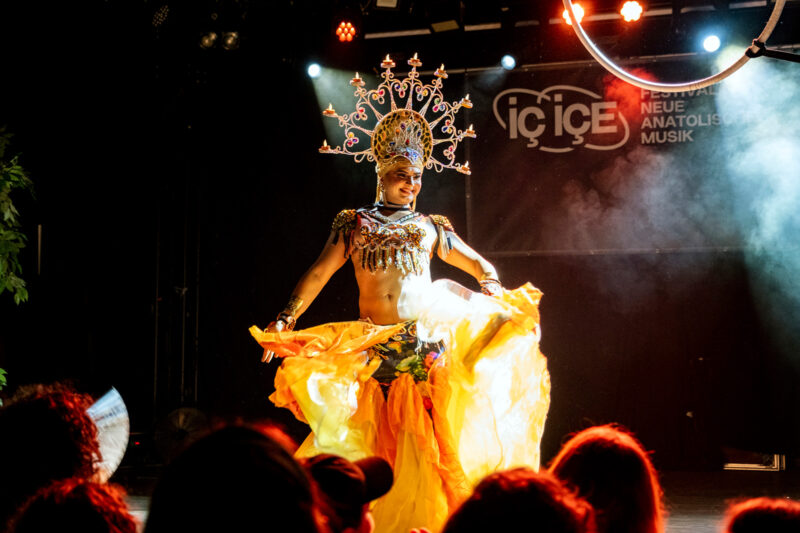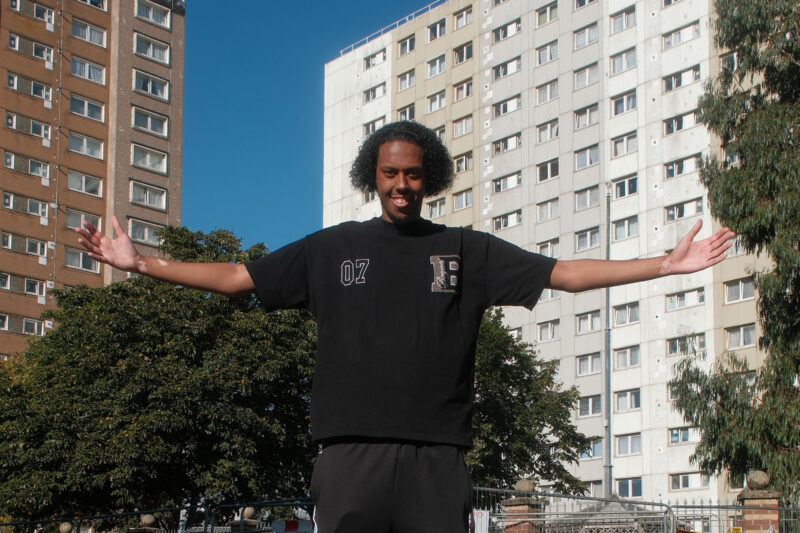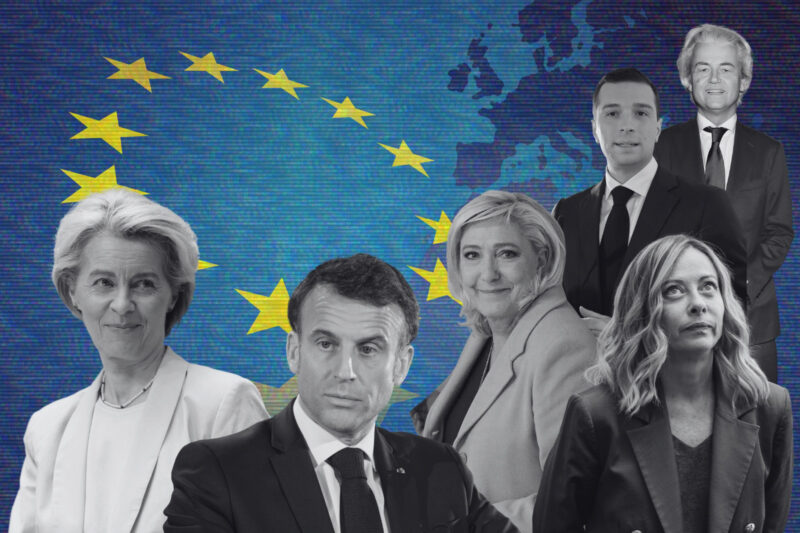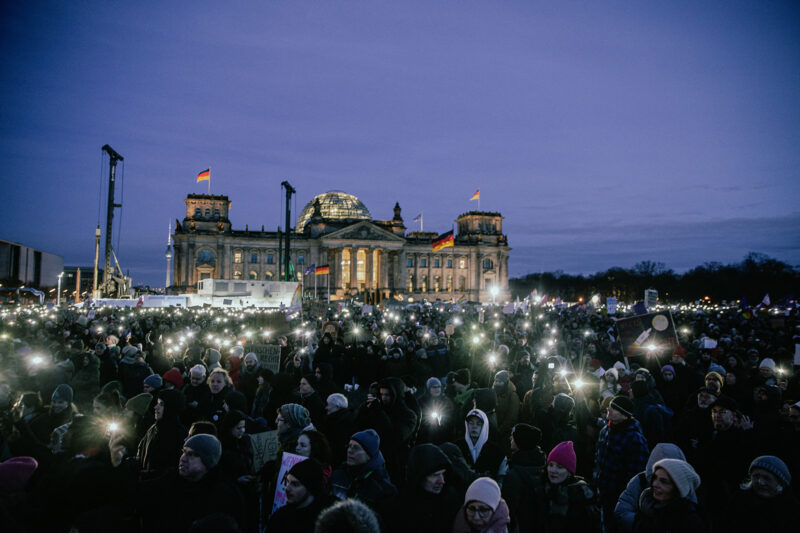What is the EU doing about its Islamophobia problem?
Brussels acknowledges anti-Muslim hate is a growing problem across member states, so why is so little being done to tackle it?
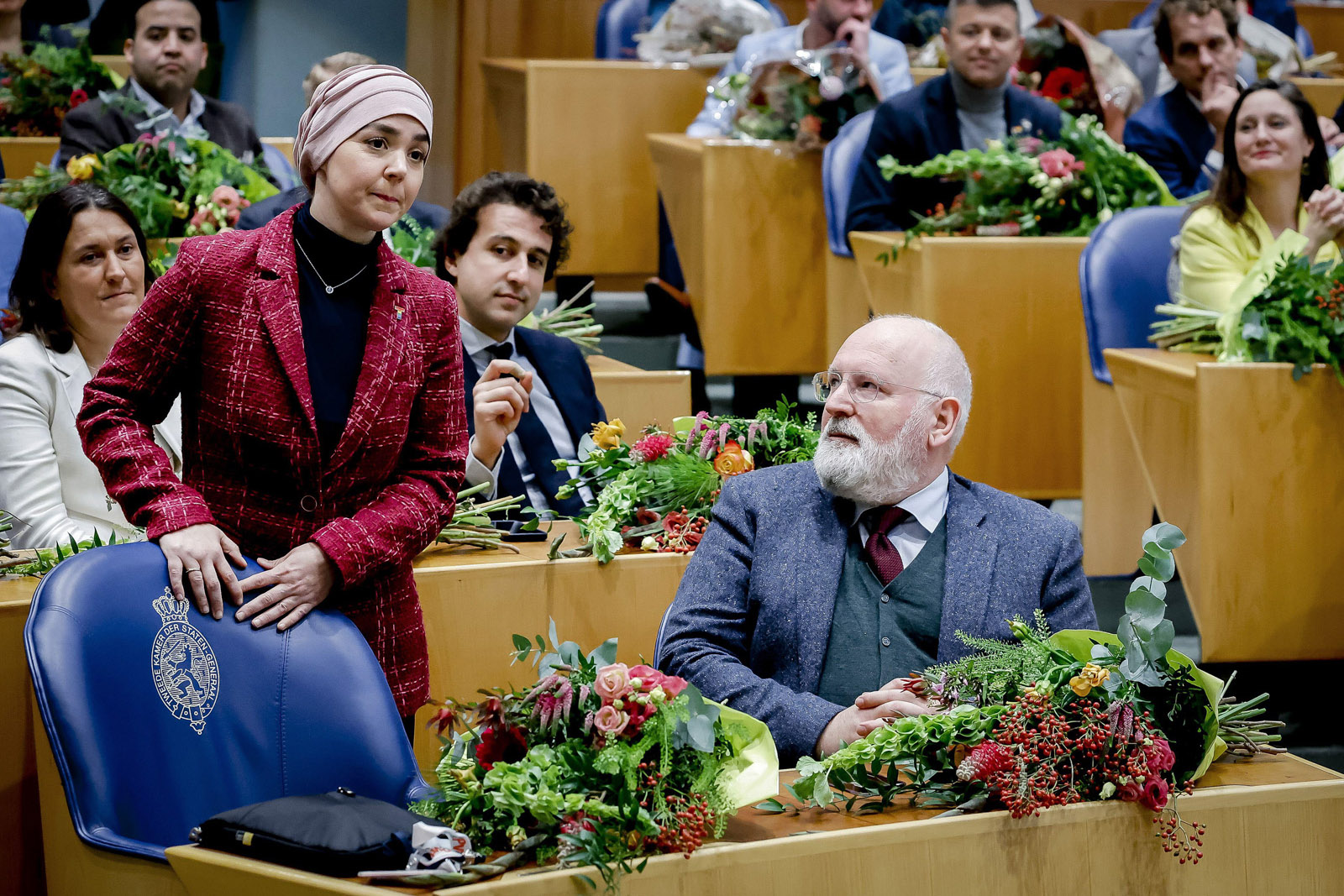
Last November, the EU made an unprecedented statement of solidarity with its Muslim citizens. Responding to rising incidents of Islamophobia across Europe in the wake of Israel’s bombardment of Gaza, a group of EU officials urged their 27 member states to fight all forms of anti-Muslim bias and ensure the safety of Muslims in places of worship, workplaces, schools and at home. A similar promise was also made to fight anti-Semitism.
They were right to be concerned. The wave in anti-Muslim violence since 7 October is crashing onto deep structural Islamophobia in the EU. Governments still view European Muslims through a security lens as foreigners, not as citizens. It’s a perspective that persists despite various studies — including from the EU’s own Fundamental Rights Agency — reporting that Europe’s Muslims are well integrated and overwhelmingly support democratic European values. Politicians rarely mention the significant contribution of the Muslim community to the EU’s economic, cultural and — increasingly — political life.
Responding to a Fundamental Rights Agency survey in 2017, nearly one in three Muslims reported suffering discrimination when looking for a job; one in four said racist harassment was a common experience. As the far right entrenches itself in the European political landscape, this discrimination is unlikely to abate.
In France’s recent parliamentary elections, the openly Islamophobic National Rally (RN) was ultimately blocked from power by the Left-Green alliance of the New Popular Front, but still became the third largest party in the French assembly. The EU parliamentary elections in June delivered three far-right blocs of MEPs to Brussels: the newly-formed Europe of Sovereign Nations, led by Germany’s Alternative für Deutschland, and RN and Victor Orbán’s new group Patriots for Europe joined Giorgia Meloni’s European Conservatives and Reformists (ECR).
Despite the efforts of centrists to unify and limit the influence of this emboldened far right, its corrosive brand of Islamophobia is steadily seeping into mainstream discourse. In Germany, the ruling Social Democrat/Green alliance — encouraged by national media — has held Muslims responsible for rising anti-semitism, much to the horror of German Muslims. Geert Wilders — who won the Dutch elections in November — recently described Islam as a “disgusting, reprehensible, violent and hateful religion”.
The EU’s leadership is not unaware of its deepening Islamophobia crisis. In June, the Council of Europe’s Commission against Racism and Intolerance (ECRI) warned that hate incidents against Muslims had “increased manifold”. Muslim women and schoolgirls who wear visible religious symbols or traditional clothing are often represented as being associated with terrorism or extremism, the ECRI said. They also face discrimination in access to healthcare.
EU institutions are actively gathering information to better understand the problem. In April this year, the EU’s rights agency asked member countries to publish regular data on racist incidents by police officers, who it said must receive anti-racism training. Belgium — which held the EU presidency until last month — organised the EU’s first-ever meeting of experts devoted solely to fighting racism targeting Muslims.
There are also bright spots in the implementation of some of the EU’s anti-racist agenda. In February 2023, former deputy EU ambassador to Yemen Marion Lalisse was appointed coordinator in charge of fighting anti-Muslim hatred. Lalisse works with European governments, officials and institutions, as well as civil society, to strengthen policy responses to the problem. So too do the EU’s equality bodies. These efforts are important but what Europe’s Muslims really need and sorely lack is a senior, political figure with a strong platform to call out the bloc’s systemic racism.
Under threat and under-represented, growing numbers of Muslims are choosing to leave the EU. But equally, more and more are stepping up to change the status quo. Rima Hassan, a 32-year-old legal scholar and activist, made history in June when she was elected the first French-Palestinian MEP. Dutch politician Esmah Lahlah has launched a spirited resistance to far-right colleagues who criticise her hijab. The Federation of European Muslim Youth Students Organisation (FEMYSO) and the European Network Against Racism continue to report and decry Islamophobia and discrimination.
Building an inclusive Europe is hard work and will become more difficult as the far right begins to flex its newly won power. But whether it’s through their vote in future elections or building alliances with principled and progressive European politicians and activists, European Muslims will insist on making their voices heard.
 Newsletter
Newsletter

